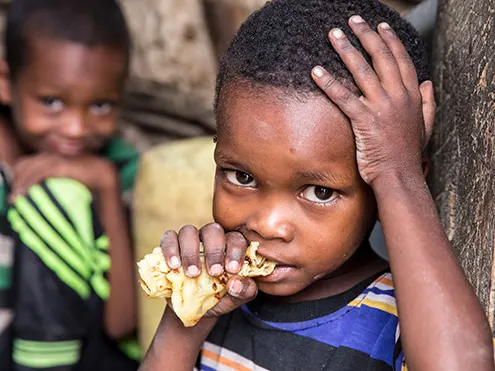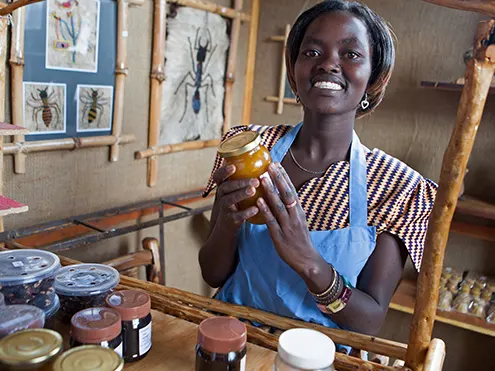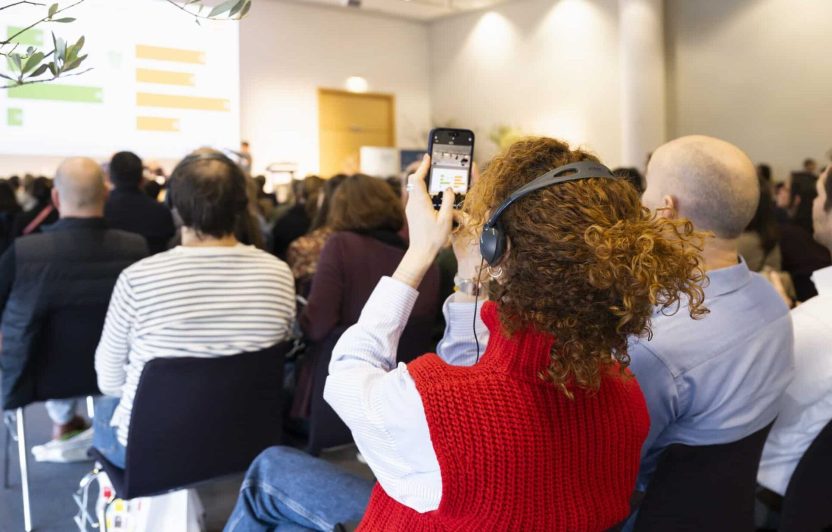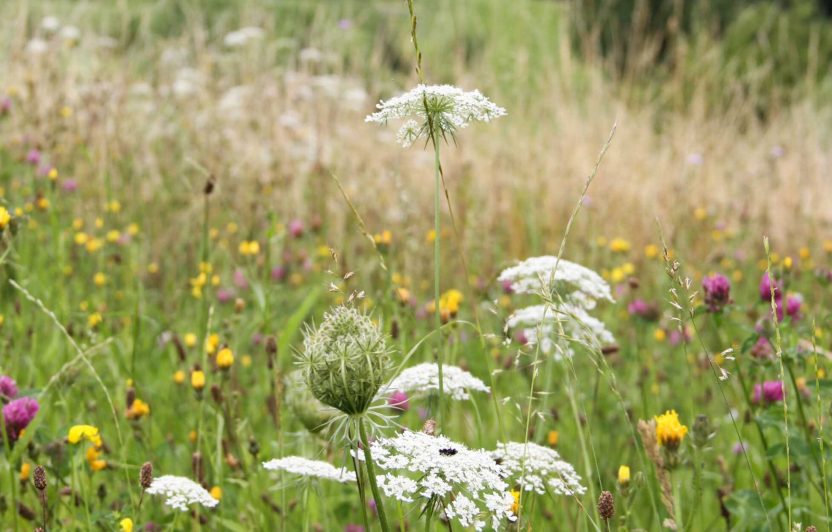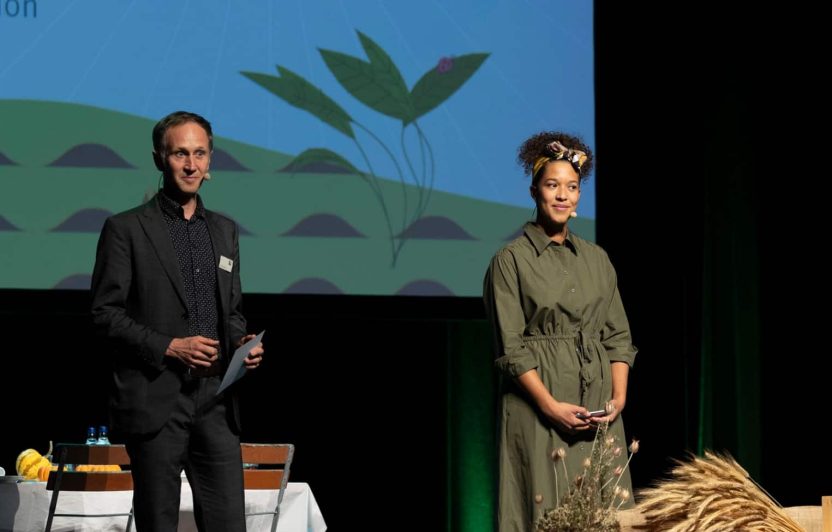Mary Kameun (left) and Nelly Lotoro cook ugali for a party of the Lomut Traditional Dancers. This group also began training in 2004 to become beekeepers and producers of pure bee honey. On the occasion of my visit on December 12, 2006, they celebrated the end of the year with the Kenyan main dish Ugali and Sukuma Wiki. This is a kind of polenta made from very finely ground cornmeal with local feathered cabbage.
“Cabesi was a spark and launched the honey market in West Pokot,” says Mercy Kiyapyap, who was elected co-manager of Cabesi Marketplace after the project handover. And Paul Losute, her husband and co-manager, proudly adds, “Before the project started, the honey from West Pokot was mixed with wax and polluted with bee carcasses. It had practically no value. Today, we produce the best quality honey in Kenya. We are number one in the nation!” Today, a total of about 1600 beekeeping families benefit from this.
Last summer, the West Pokot government designated beekeeping as one of the three main pillars for economic development in the county, along with chicken farming and goat meat production. The Ministry for Lifestock in charge selected Cabesi as the main partner to implement the bee program.
Our picture represents one of the main objectives of Biovision’s work. Because with most of our development projects in Africa, we contribute to the achievement of Goal 2 of the UN Sustainable Development Goals: No Hunger.
